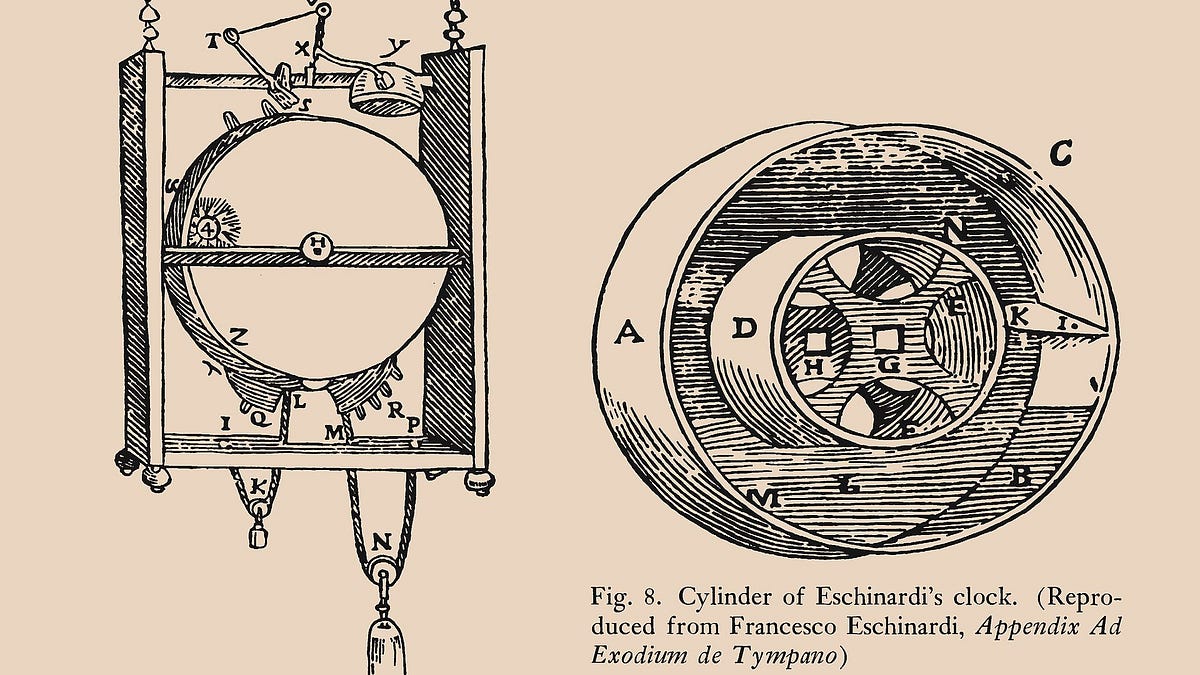
#JournalismTeacher #MainstreamMedia #Distrust As distrust with mainstream news outlets continues to grow, and online opportunities offer journalists the ability to leave corporate media for independent work, journalism teachers are navigating a rapidly changing environment in order to prepare their students. A high school journalism teacher joins me for a livestream to talk about what it's like instructing the next generation of journalists in an era of increased distrust in mainstream media. We will also discuss the opportunity afforded students to work independently online with a direct-to-consumer model and how that changes the nature of journalism.
Fermented foods are not just good for people, they are great for animals. Fermenting chicken feed is so easy and it makes the grains far more nutritious. All you do is put your feed in a bucket and add water until the water covers the feed. Let it soak for 1 to 3 days and you should see it start bubbling. It’s fermented and ready to feed your chickens. You will probably have to add more water after your initial mixture grows in volume to make sure there is always a little bit of water covering the top. This prevents mold. Our chickens love their fermented feed and will leave any dry feed untouched if their fermented feed is in front of them.
We met Corona at 4H yesterday, she’s a one-eyed barrel racing horse. She had ocular melanoma and her eye was surgically removed last year. She has made a full recovery and is back to barrel racing! She has won over $400 in local competitions in just a few months with her young rider.
I have added Green Pasture’s fermented skate liver oil to my fish oil nutrition regimen. It is another great source of omega fatty acids along with Vitamins A & D. I was talking to a friend who said it dramatically improved her sleep which she attributes to decalcification of the pineal gland. I still take my cod liver/butter oil for my teeth especially. Worried about WWIII? Make sure you’re healthy for the zombie apocalypse!
USE PROMO CODE “ALISON” for 10% OFF:
https://www.greenpasture.org/
https://open.substack.com/pub/jessicar/p/automation-has-it-stolen-what-it?
I am completely for regressing to analog. I would be a Luddite. I am looking forward to our arts and crafts backlash movement















